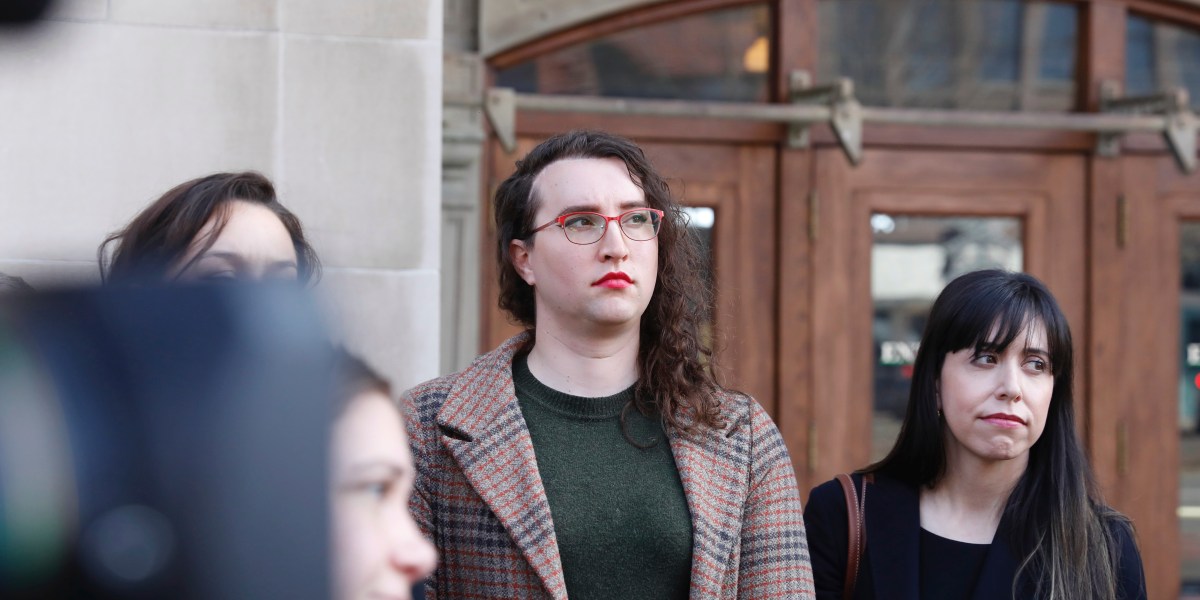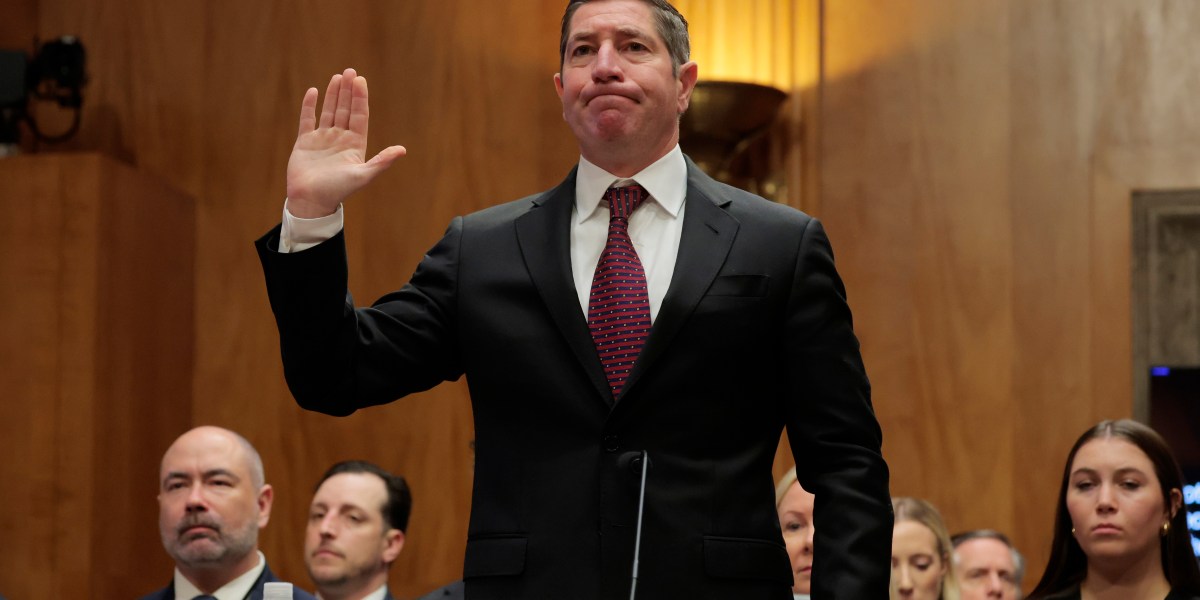A U.S. judge in Washington state has blocked enforcement of President Donald Trump’s order banning transgender people from serving in the military, the second nationwide injunction against the policy in as many weeks.
The order Thursday from U.S. District Court Judge Benjamin Settle in Tacoma came in a case brought by several long-serving transgender military members who say the ban is insulting and discriminatory, and that their firing would cause lasting damage to their careers and reputations.
In his 65-page ruling, Settle — an appointee of former President George W. Bush and a former captain in the U.S. Army Judge Advocate General Corps — said the administration offered no explanation as to why transgender troops, who have been able to serve openly over the past four years with no evidence of problems, should suddenly be banned.
“The government’s arguments are not persuasive, and it is not an especially close question on this record,” Settle wrote. “The government’s unrelenting reliance on deference to military judgment is unjustified in the absence of any evidence supporting ‘the military’s’ new judgment reflected in the Military Ban.”
U.S. District Judge Ana Reyes in Washington, D.C., similarly issued an order blocking the policy last week but then put her own ruling temporarily on hold pending the government’s appeal. The U.S. Circuit Court of Appeals for the District of Columbia late Thursday told the parties that it would consider putting the ruling into effect if “any action occurs that negatively impacts” transgender service members.
In a more limited ruling on Monday, a judge in New Jersey barred the Air Force from removing two transgender men, saying they showed their separation would cause lasting damage to their careers and reputations that no monetary settlement could repair.
Trump signed an executive order Jan. 27 that claims the sexual identity of transgender service members “conflicts with a soldier’s commitment to an honorable, truthful, and disciplined lifestyle, even in one’s personal life” and is harmful to military readiness.
In response, Defense Secretary Pete Hegseth issued a policy that presumptively disqualifies transgender people from military service.
“They can do the right number of pullups. They can do the right amount of pushups. They can shoot straight,” Sasha Buchert, an attorney with the civil rights law firm Lambda Legal, said after arguments Monday in Tacoma. “Yet, they’re being told they have to leave the military simply because of who they are.”
Those challenging the policy and Trump’s executive order in Tacoma include Gender Justice League, which counts transgender troops among its members, and several transgender members of the military. Among them is U.S. Navy Cmdr. Emily “Hawking” Shilling, a 42-year-old woman who has served for more than 19 years, including 60 missions as a combat aviator in Iraq and Afghanistan.
In his ruling, Settle highlighted her case.
“There is no claim and no evidence that she is now, or ever was, a detriment to her unit’s cohesion, or to the military’s lethality or readiness, or that she is mentally or physically unable to continue her service,” he wrote. “There is no claim and no evidence that Shilling herself is dishonest or selfish, or that she lacks humility or integrity. Yet absent an injunction, she will be promptly discharged solely because she is transgender.”
During arguments Monday, Justice Department lawyer Jason Lynch insisted that the president was entitled to deference in military affairs and suggested the service ban was not as broad as the plaintiffs had suggested.
The judge peppered Lynch with questions, noting that the government had offered no evidence that allowing transgender troops to serve openly had caused any problems for military readiness.
Thousands of transgender people serve in the military, but they represent less than 1% of the total number of active-duty service members.
In 2016, a Defense Department policy permitted transgender people to serve openly in the military. During Trump’s first term in the White House, the Republican issued a directive to ban transgender service members, with an exception for some of those who had already started transitioning under more lenient rules that were in effect during the Obama administration. The Supreme Court allowed that ban to take effect. President Joe Biden, a Democrat, scrapped it when he took office.
The rules imposed by Hegseth include no such exceptions.
This story was originally featured on Fortune.com
Source link


 Entertainment8 years ago
Entertainment8 years ago
 Politics8 years ago
Politics8 years ago
 Entertainment8 years ago
Entertainment8 years ago
 Entertainment8 years ago
Entertainment8 years ago
 Tech8 years ago
Tech8 years ago
 Tech8 years ago
Tech8 years ago
 Tech8 years ago
Tech8 years ago
 Politics8 years ago
Politics8 years ago






